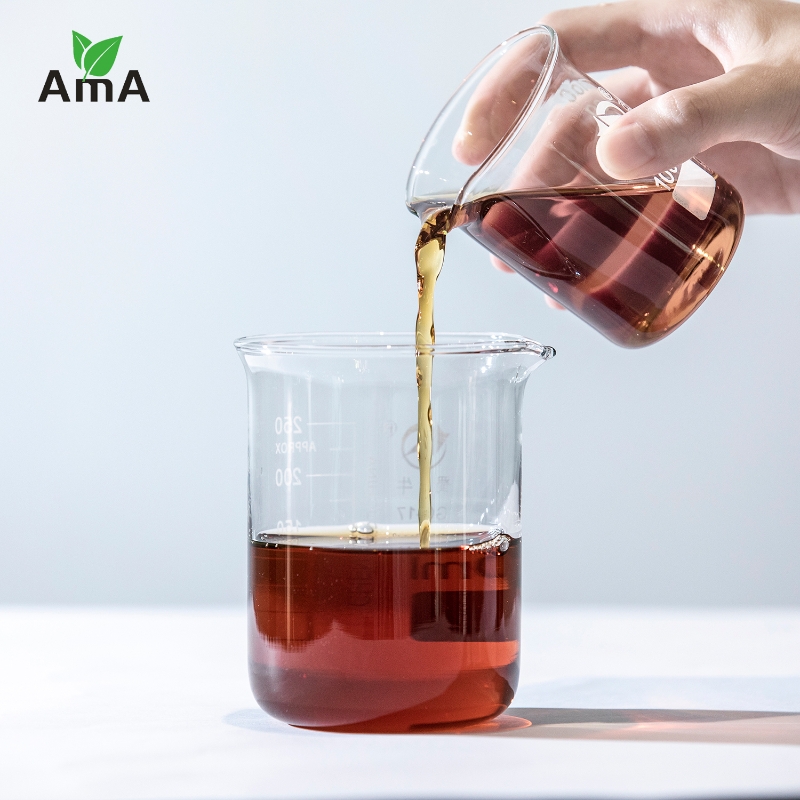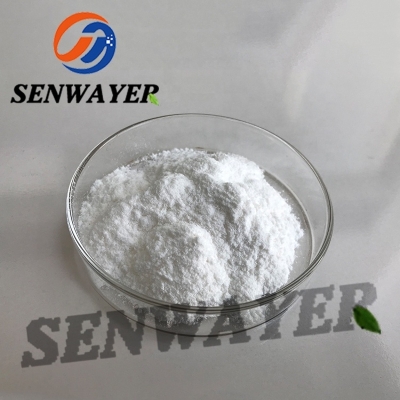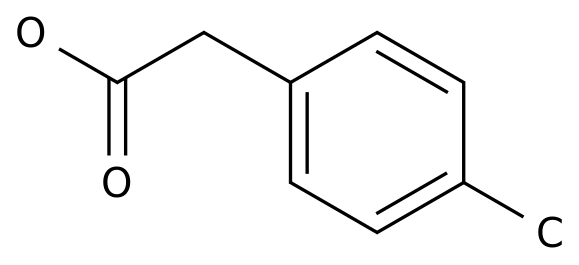-
Categories
-
Pharmaceutical Intermediates
-
Active Pharmaceutical Ingredients
-
Food Additives
- Industrial Coatings
- Agrochemicals
- Dyes and Pigments
- Surfactant
- Flavors and Fragrances
- Chemical Reagents
- Catalyst and Auxiliary
- Natural Products
- Inorganic Chemistry
-
Organic Chemistry
-
Biochemical Engineering
- Analytical Chemistry
- Cosmetic Ingredient
-
Pharmaceutical Intermediates
Promotion
ECHEMI Mall
Wholesale
Weekly Price
Exhibition
News
-
Trade Service
Among the new drugs approved in China in 2021, three products are the most eye-catching: two CAR-Ts - Achilles and Rekiorenza, and one ADC product - Vidicitumumab
.
.
The reason why these three products are discussed separately is that they all represent breakthroughs in the frontier field in the Chinese market
.
.
On the one hand, cell therapy products are listed in China for the first time
.
There is a big difference between cell therapy and traditional macromolecular and small molecule drugs.
On the one hand, cell therapy products are listed in China for the first time
On the other hand, Vidicitumab represents the first locally developed ADC drug approved for marketing.
The evolution of the cell therapy regulatory system behind the actual combat
The two cell therapy products approved in China are both CD19-targeting autologous CAR-T, which are technology introductions or improvements from internationally renowned cell therapy companies, and are endorsed by innate large companies
.
No cell therapy product has been marketed and applied through the drug approval route in China before, and the attributes of cell therapy and other drugs are quite different.
Therefore, the approval and marketing process of these two products in China can be said to be the most concerned
.
Fosun Kite submitted the NDA of Achillion in February 2020 and officially launched in June 2021; WuXi Junuo submitted the NDA of Ruiki in June 2020 and launched in September 2021
.
Compared with their expected time to market, there is a certain degree of delay
As the first CAR-T marketed in China, Achillion completed all the approvals in January, and it was finally launched after five months of repeated discussions
.
It can be seen that the drug regulatory agency is cautious about how to ensure the safety of this new therapy and how to regulate its application after entering the market
Some information on the approval process of these two products was disclosed at the 2021 R&D Customer Clinical Annual Meeting
.
The focus of approval not only includes efficacy and safety risks, but also considers that the two cell therapy products are individualized therapies, and the focus of CDE extends to pharmacy and CMC, which are particularly prominent in subsequent review considerations.
The attention and prudence of drug regulatory agencies are reflected in many details: careful evaluation of efficacy and safety results, active communication with companies, and high standards of review teams
.
For example, Akilence has four clinical research centers.
At the beginning of the approval process, two research centers were selected for verification, and finally it was extended to all four clinical centers for verification
.
In the evaluation of safety and efficacy, the results will be extracted on the spot to allow doctors to re-evaluate and interpret the factors affecting safety
During the actual examination and approval of the two products, CDE has repeatedly explored, and the in-depth and detailed discussions have also been transformed into the basis for subsequent work.
Along with the product approval process, CDE has issued a number of regulations to further clarify the path and precautions for cell therapy application
.
According to incomplete statistics of R&D customers, in the two years from 2020 to 2021, the Food and Drug Administration issued a total of 9 regulations on cell therapy, covering the whole process of pharmacy, preclinical, clinical research and post-marketing real-world research (see table below)
.
In fact, in 2019, the Food and Drug Administration launched a scientific regulatory action plan, and the first batch of projects included "Research on the Technology Evaluation and Regulatory System of Cell and Gene Therapy Products"
.
In the complete system planning, the regulatory thinking is also constantly changing, and there is a phased emphasis
At the 2021 China Tumor Immunotherapy Conference, a senior CDE review expert said: From 2019 to 2021, CDE will focus on the regulation of cell therapy and gene therapy; from 2021 to 2023, it will turn to stem cell and gene therapy, antiviral therapy and Regulation of real-world data
.
Strategies for local ADCs to join the competition
Strategies for local ADCs to join the competition At present, 14 ADC drugs have been approved for marketing in the world, and there are 4 ADCs listed in China, including vedicitumab and three imported products - Roche emmettuzumab trastuzumab approved in January 2020 (T-DM1), Takeda/seagen’s velbuximab approved in May 2020, Pfizer’s ogaituzumab in December 2021
.
The competition in the ADC field has always been fierce.
Natrue sub-journal predicts that by 2026, the global ADC drug market will reach 16.
4 billion US dollars
.
According to the statistics of R&D customers, including Pfizer, GlaxoSmithKline, Daiichi Sankyo, Roche and other multinational companies, a total of 10 ADC products have been deployed in the Chinese market, and 5 have entered the phase III clinical or NDA stage; local drugs in this field have been deployed.
There are 25 companies and 77 products under development, accounting for 89% of the total products.
They have become the main force in this field, and 5 products have also entered the phase III clinical or NDA stage
.
The first three products on the market in a field are usually considered to take the lead in the speed of market competition.
Vidicitumumab is the third place.
In addition to the time to market closely following the rhythm of imported products, what is more interesting is its Innovative quality and competitive strategies
.
In the previous interview with Rongchang Biotechnology, the R&D customer learned that the initial target of the Vidicitumumab project was T-DM1
.
T-DM1 is the third ADC to market globally and was approved in the United States in 2013
.
Both targeting HER2, T-DM1 and Vidicitumab are also major competitors in the Chinese market
.
T-DM1 is linked to the microtubule inhibitor DM1 (MCC linker) by Roche's "Dongjia Huadan" trastuzumab; Vidicitumab is linked to the tubulin binding agent methyl by the HER2 antibody (disitamab) independently developed by Rongchang Bio.
Auristatin E (enzymatically cleavable linker)
.
Compared with trastuzumab, disitamab has a higher affinity for HER2 due to biological differences
.
Most of the domestic innovative drug development usually chooses to benchmark against internationally mature products, and the same is true in the ADC field.
T-DM1 and HER2 targets are the entry points for most domestic ADC development companies, so this target field is relatively crowded
.
According to the statistics of R&D customers, there are 23 ADC drugs that have been announced in China targeting HER2, accounting for 26% of all products
.
The selection of product indications is related to the characteristics of the target.
HER2 is highly expressed in breast cancer and gastric cancer, which are two important directions for ADC products targeting HER2
.
The differentiation of indications may be an important strategy for the development of veldicotumab
.
T-DM1 is approved in China for the treatment of HER2-positive metastatic breast cancer, and the first indication of vedicetumab is gastric cancer with a higher incidence in China, avoiding direct competition with T-DM1
.
It is worth noting that T-DM1 has also conducted a clinical trial GATSBY for HER2-positive gastric cancer, but the final results of this study show that T-DM1 is not more effective than paclitaxel
.
According to the official website of Rongchang Bio, Vidicitumumab is also undergoing clinical studies in breast cancer, urothelial cancer, biliary tract cancer and non-small cell lung cancer
.
Among them, urothelial carcinoma is another major focus of product development
.
Targeting HER2 in the treatment of urothelial carcinoma is rare
.
At present, the NMPA has approved a new indication of vedicitumab for urothelial cancer
.
In the United States, a Phase II clinical trial of this indication is being carried out, as the first indication for veldicitumab to be marketed in the United States
.
With 12 ADC products already on the market in the United States, urothelial cancer can be said to be the most important force for the differentiation of vedicitumab indications
.
In terms of going overseas, Rongchang Bio reached a global exclusive license agreement with Seagen, a US biopharmaceutical company, to develop and commercialize Vidicitumab this year.
The total license-out transaction amounted to US$2.
6 billion, setting a record
.
Seagen itself focuses on ADC drug research and development, laying the foundation for the subsequent international market promotion of vedicitumab
.
In addition, Vidicitumumab was included in the National Medical Insurance Catalogue this year, and T-DM1 has not yet entered the National Medical Insurance, which may have a certain impact on the follow-up volume
.







